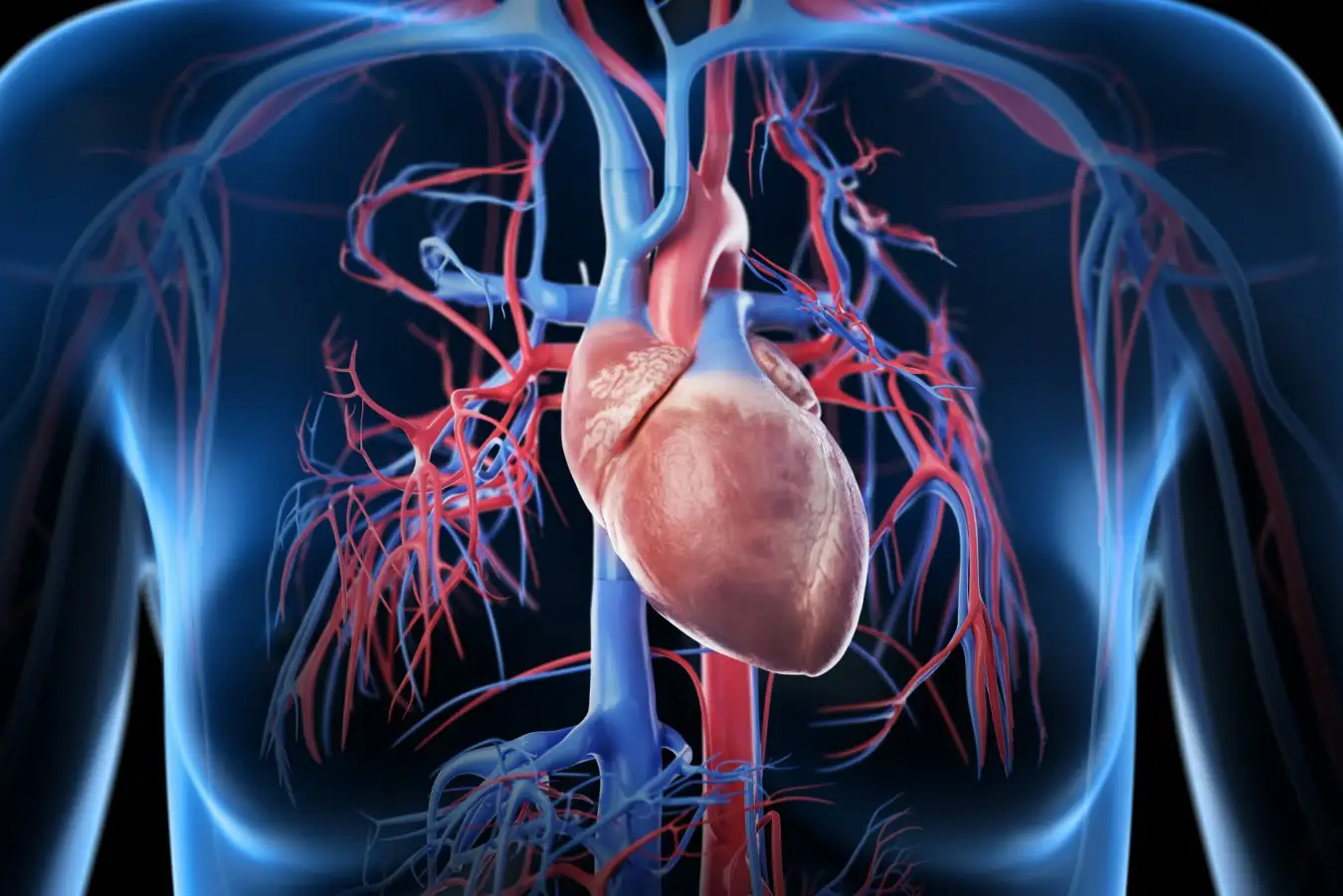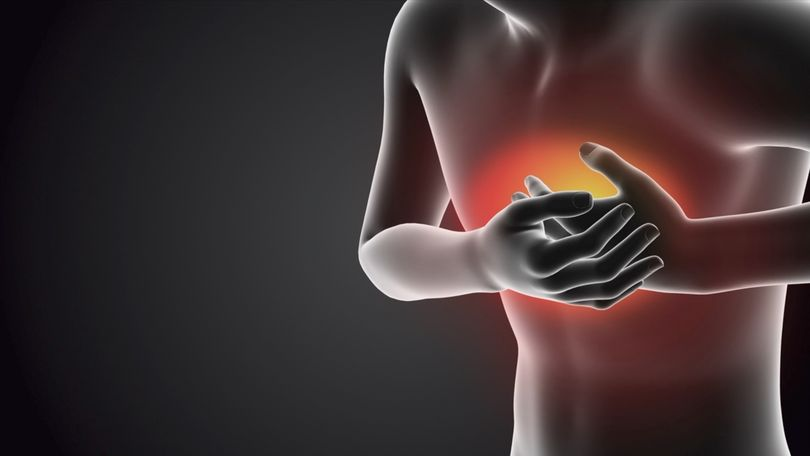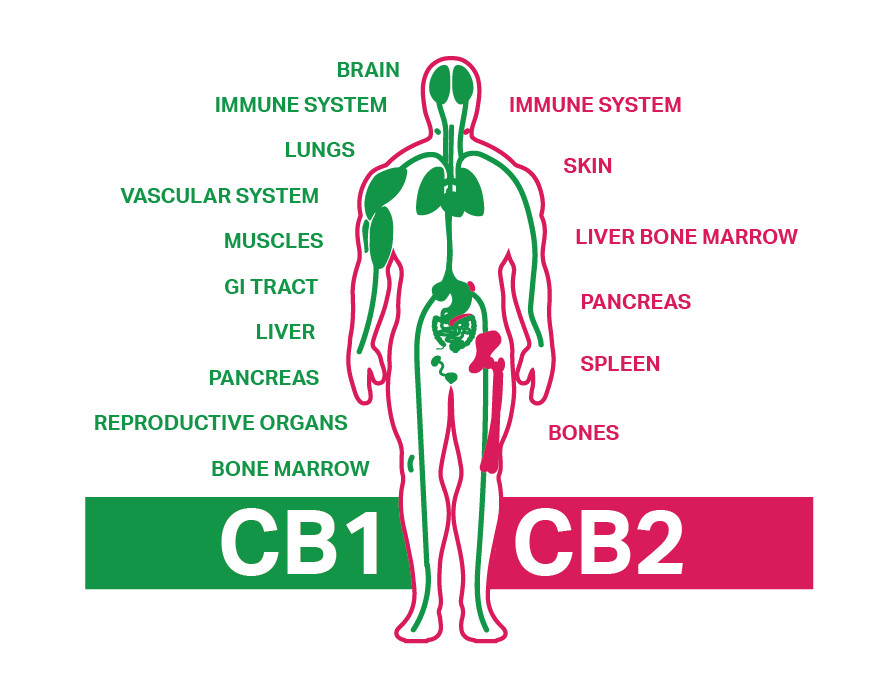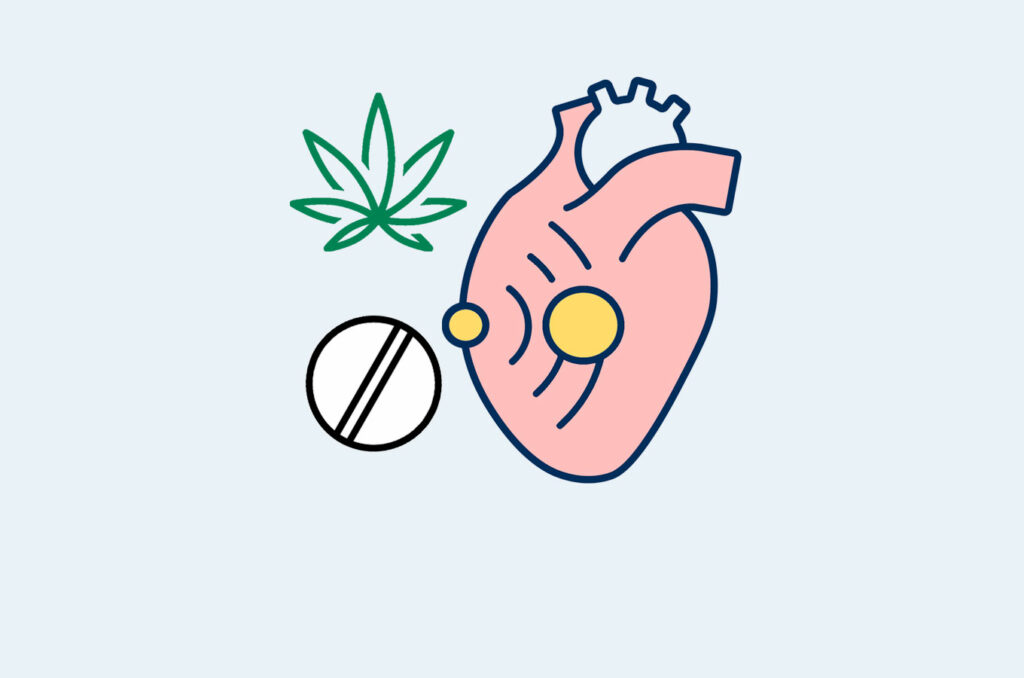Cannabis
Cannabis and Cardiovascular Health
As the legalization of marijuana for medicinal and recreational use spreads across the United States and other parts of the world. It is essential to understand the potential impact of Cannabis and Cardiovascular Health. With more people consuming cannabis products, awareness of the possible risks and benefits associated with its use is crucial for both users and healthcare professionals. This comprehensive article will delve into the various aspects of cannabis and its effects on the cardiovascular system.
The Growing Prevalence of Cannabis Use
Marijuana is the most common illicit drug in the United States and much of the Western world. With a steadily increasing prevalence in usage and abuse over the past decade, especially among adolescents. Studies have shown that marijuana use has risen among middle and high school students, with the trend likely to continue due to the increasing legalization of cannabis for medicinal and recreational use.
Cannabis and Cardiovascular Health
While much of the available data on cannabis focuses on its neurological effects and anti-emetic properties. there is little information on the cardiovascular effects of cannabis. However, existing research suggests that cannabis may have significant cardiovascular implications, including “cannabis arteritis,” cannabis-induced vasospasms, and platelet aggregation. These effects, along with the potential relationship between marijuana use and atherosclerosis progression, warrant further investigation.

Cannabis Arteritis
Cannabis arteritis is a rare form of peripheral artery disease that has been reported in chronic marijuana smokers. This condition results from inflammation and narrowing of the blood vessels, leading to reduced blood flow and, in severe cases, tissue damage or gangrene.
Cannabis-Induced Vasospasms
Cannabis use has been associated with vasospasms, or sudden constriction of blood vessels. Leading to decreased blood flow to various organs and tissues. These vasospasms can be particularly concerning for individuals with pre-existing cardiovascular conditions, as they may increase the risk of heart attack or stroke.
Inflammation
Inflammation of blood vessels is a primary hallmark of atherosclerosis – the thickening of the vessel wall due to the buildup of plaques made up of fats, cholesterol, and other substances. Research has found that the levels of inflammatory molecules in the blood of volunteers who smoked a marijuana cigarette increased significantly over the subsequent three hours. Moreover, THC, the main psychoactive ingredient in marijuana. This can promote inflammation and hallmarks of atherosclerosis in human endothelial cells grown in the laboratory.
Cannabis and Heart Attack Risk
Studies have suggested that the risk of heart attack is several times higher in the hour after smoking marijuana than it would be normally. While this may not pose a significant threat to individuals who smoke cannabis with minimal cardiovascular risk. It should be a concern for anyone with a history of heart disease. Additionally, cannabis use has leads to a higher risk of atrial fibrillation and ischemic stroke immediately following use. As well as, an increasing long-term death rate among heart attack survivors.

The Impact of Marijuana on Blood Pressure and Heart Rate
Cannabis use can cause an acute, dose-dependent increase in blood pressure and heart rate. Chronic cannabis use has also been associated with an increased frequency of angina, likely due to a decrease in angina threshold, diminished sympathetic and parasympathetic nervous system signal transduction, serum aldosterone increases, central and peripheral vasoconstriction, and hypertension.
Cannabis and Cardiovascular Health: CB1 and CB2 Receptors
The main psychoactive constituent of cannabis, THC, binds to CB1 and CB2 receptors in the human brain, heart, and vascular system. CB1 receptors are predominantly in the brain and peripheral tissues, while CB2 receptors are mainly in immune cells. Frequent marijuana use can cause inappropriate activation of CB1, leading to inflammation, atherosclerosis, and associations with obesity, cancer, and diabetes.

Potential Protective Effects
Researchers have discovered that genistein, a naturally occurring molecule in soybeans. These can bind to CB1 receptors and may help block the inflammatory properties of THC without causing psychiatric side effects. Genistein could potentially reduce the risk of cardiovascular disease in marijuana users. However, clinical trials are needed to confirm this hypothesis.
Further Research on Cannabis and Cardiovascular Health
Given the growing public perception that marijuana is harmless or even beneficial. It is crucial to conduct more rigorous research on the potential cardiovascular effects of cannabis. As more states legalize marijuana for medicinal and recreational use. Awareness among healthcare professionals about the potential side effects and toxicities with chronic cannabis exposure will become increasingly important.
Conclusion
The effects of cannabis and cardiovascular health are complex and potentially worrisome. As the prevalence of cannabis use continues to rise. It is essential for both users and healthcare professionals to be aware of the possible risks with its consumption. Further research needs to be done, to understand the full extent of cannabis’ impact on cardiovascular health. This is to develop strategies for mitigating these risks.

